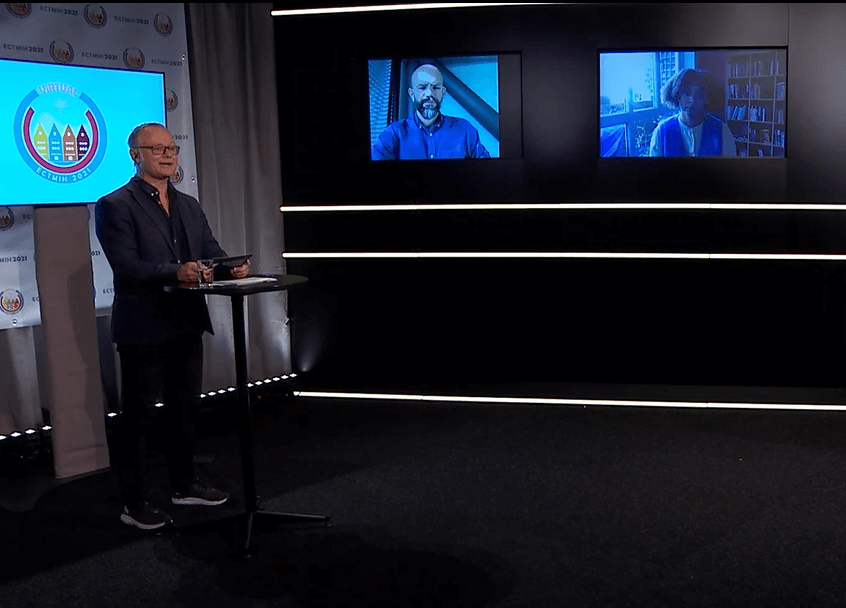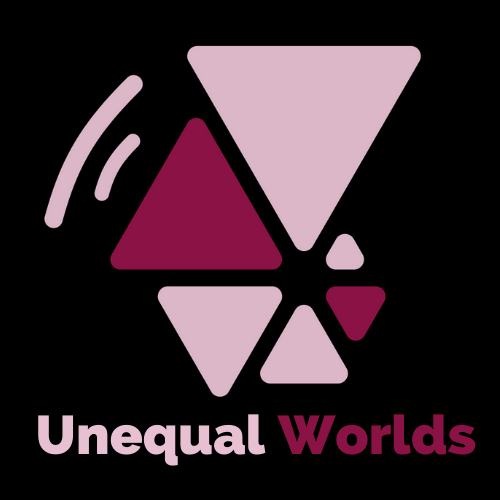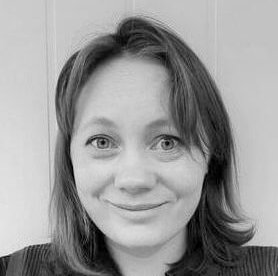
In 2020 the Global Research Programme on Inequality (GRIP), always on the lookout for new ways to reach our audience and to disseminate inequality related research, experimented with launching our own podcast, Unequal Worlds; an inequality research podcast.

GRIP is a radically interdisciplinary research programme that views inequality as both a fundamental challenge to human well-being and an impediment to achieving the ambitions of the 2030 Agenda. We aim to provide a framework that facilitates collaboration across disciplines and knowledge systems around problems of inequality. This podcast is part of the implementation of this goal.
GRIP was established in 2019 as a collaboration between the University of Bergen (UiB) and the International Science Council (ISC), to foster co-designed processes of knowledge creation to understand the multiple dimensions of rising inequalities. As GRIP’s first years have been greatly affected by the COVID-19 pandemic, the GRIP team have gained a lot of experience in live streaming and recording our events, as well as hosting webinars and virtual book launches.
Equal access to science is of utmost importance to us. We strive to make all our publications Open Access, and we are proud to have a truly global network of researchers affiliated with us. In this vein, we were also acutely aware that streaming our events – while free and open to all – did in fact impact several members of our audience due to exuberant data costs and/or slow internet connections. By publishing the recording of these webinars, key lectures and the like in our podcast, GRIP hopes to make this material even more accessible – no need to spend precious time and data downloading a video.
GRIP is also proud to be able to present certain keynote lectures that would otherwise not be available for the general public, such as our episode “Will global health survive its decolonisation?” which is a recording of a plenary session from the European Congress on Tropical Medicine and International Health.
In addition to being a channel where we can distribute recordings of our events, keynotes and webinars, we are also thrilled to be able to invite prominent researchers to discuss their recent works in the podcast. We have found that this format works especially well for discussing recent publications, as in this episode where we dive into the newly published book The Long Year; a 2020 Reader:
The podcast also creates an arena for in-depth discussions on various aspects of inequality and the work our affiliates do – such as the episode where we explore images of inequality:
The podcast has also proven to be a great supplement to our ongoing miniseries, as it allows researchers to explore their topic in the ways which they choose – some prefer to write, while others like the somewhat more casual and explorative feel of the podcast. This episode on smart cities is an excellent example of how these discussions complement our written miniseries Inequality in the (Post-) Pandemic City:
GRIP intends for Unequal Worldsto be a way for researchers in the inequality field to be able to dive deeper into their particular topic of interest, and to explore the many dimensions and paths of inequalities and related research. The experimentation has so far been successful, with new listeners finding our podcast every week.
Looking further ahead, we will continue to publish the recordings from our various events and expand our discussion of the many dimensions of inequality, as well as provide updates on the newest developments in the field of inequality research.
Find out more about GRIP and listen to all the podcast episodes here.

Maria Bakke Ulvesæter
Maria Bakke Ulvesæter joined the GRIP Secretariat as a Communications and Outreach Officer in March 2020. At GRIP, Ulvesæter works with administration, website management and communications.
Ulvesæter has an MA in Social Anthropology and a BA in Development studies, both from the University of Bergen, in addition to an MA in Anthropology of Health and the Body in the 21st Century from Goldsmiths, University of London. She has research experience from Ghana, and has looked particularly at the advance of digital technologies and their impact on society.